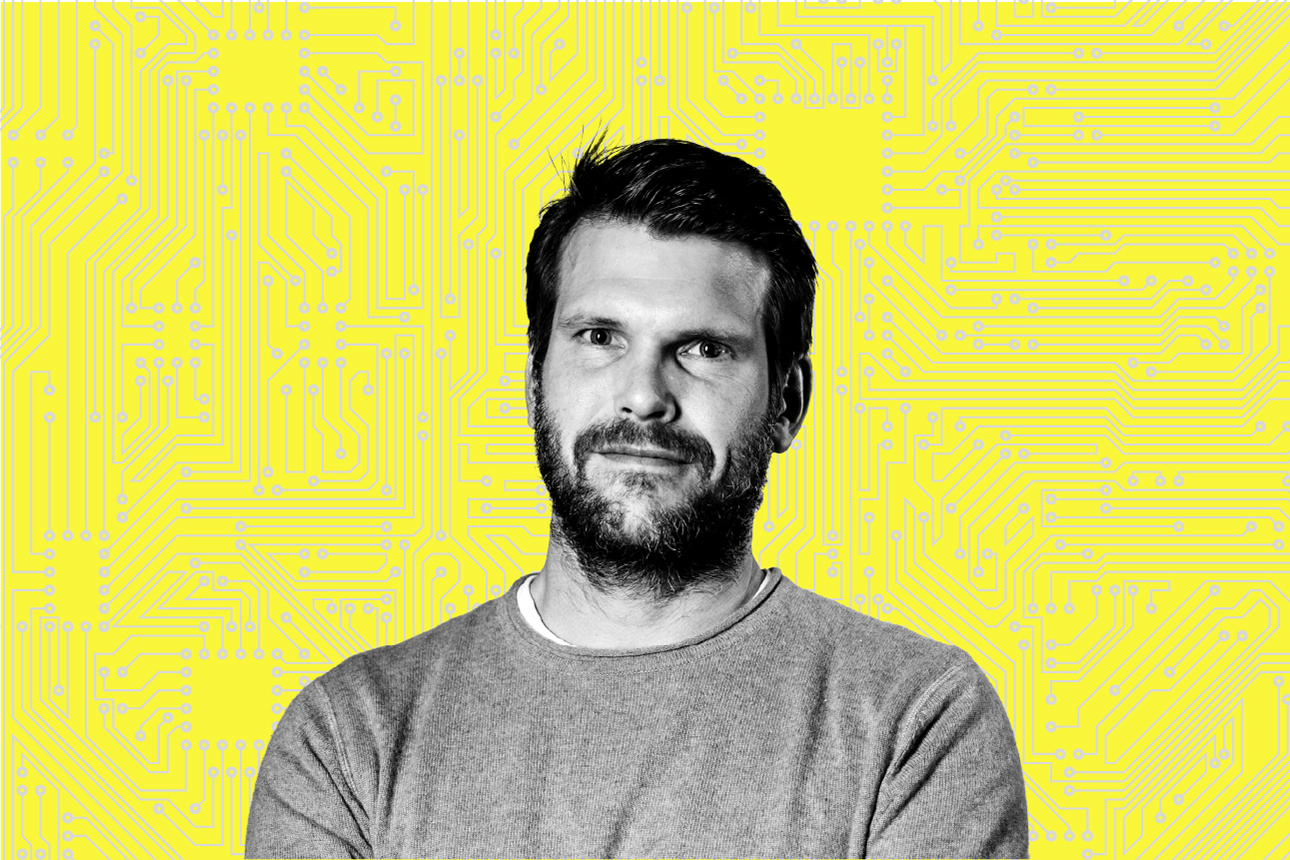How a Startup Mindset Brews Innovation at a Global Scale
By using technology as a tool to empower employees and customers, the largest beer maker in the world now shares qualities of the tech giants of Silicon Valley.
Topics
Leading With Impact

Tassilo Festetics just might have beer in his blood — not because he’s been drinking, but because he has spent his whole life around beer. Long before he served as the head of global solutions at Anheuser-Busch InBev, his grandparents owned a brewery, and he sold beer to finance his education. Today, he can still fix a commercial cooler or a draft machine.
As someone who deeply respects the craft of beer, Festetics has used technology to grow AB InBev’s business capabilities and, over the past few years, has helped the company build a suite of in-house technology products from the ground up. He believes that connecting brewmasters, farmers, shop owners, and other supply chain members with technologies empowers them to spend less time on rote work and more time on tasks that propel the company forward, like dreaming up new beer recipes.
Get Updates on Innovative Strategy
The latest insights on strategy and execution in the workplace, delivered to your inbox once a month.
Please enter a valid email address
Thank you for signing up
In this interview, the first in the Leading With Impact series, Festestics and Chris Clearfield, a contributor to MIT Sloan Management Review, discussed the innovation-driven approach that has helped the largest international beer maker and distributor make the pivot to also become a developer of cutting-edge technologies.
MIT Sloan Management Review: I have a thesis that I want to test with you: That no matter their business, every company is a technology company. Does that ring true at AB InBev? How has technology changed or shaped the way you operate?
Tassilo Festetics: I think our core competency will always be making the best beer in the world. We will never compete with top-notch technology companies like Google, just as Google will probably never make better beer than we do.
But technology has become much more of a core competency. Our CEO came to me a few years ago and said that he wanted an education on technology. We organized a weeklong training, where both academic and business experts gave sessions about the cloud, about machine learning, and he asked a lot of questions. That was the first step.
Then we said, “There are products out there that we should build ourselves instead of having other companies do it.” We began to hire engineers and architects, and we acquired other companies to give us more capabilities.
